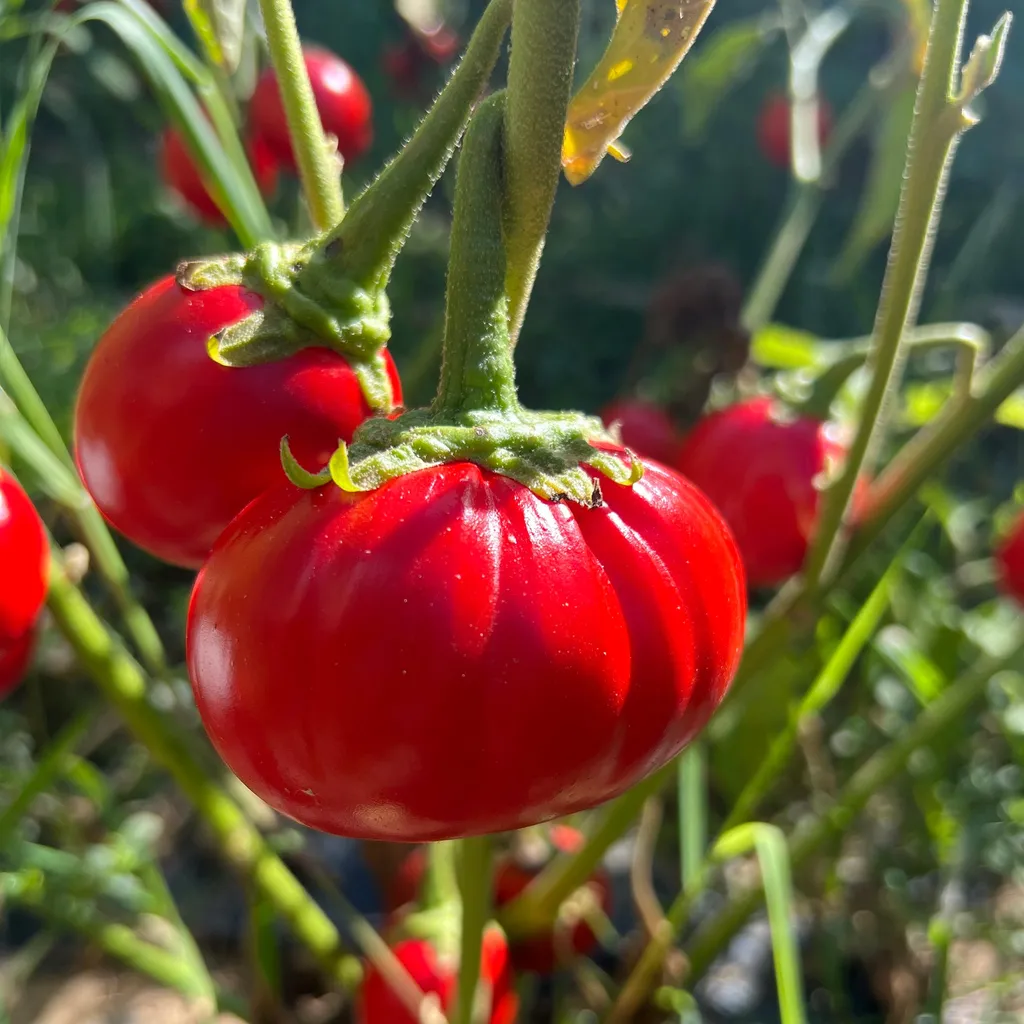In the heart of Tennessee, a groundbreaking study led by Rajni Parmar from the College of Agriculture at Tennessee State University is set to revolutionize the way we approach molecular breeding in agriculturally important, underutilized, and less explored plant species. Published in the esteemed journal *Frontiers in Genetics* (which translates to *Frontiers in Genetics* in English), this research delves into the genome-wide identification of functional markers, offering a beacon of hope for sustainable agriculture and the energy sector.
Parmar and her team have embarked on a mission to unlock the genetic potential of plant species that have long been overlooked. By identifying functional markers—specific DNA sequences associated with desirable traits—they aim to enhance molecular breeding efforts. This approach promises to accelerate the development of crops that are not only resilient but also more productive and sustainable.
“Our goal is to harness the untapped genetic diversity in these underutilized species,” Parmar explained. “By identifying functional markers, we can more efficiently breed plants that are better adapted to changing environmental conditions and have higher yields. This is crucial for both food security and the energy sector, where biomass plays a significant role.”
The study focuses on genome-wide association studies (GWAS), a powerful tool that allows researchers to link specific genetic variations to observable traits. By applying GWAS to these less-explored species, Parmar and her team have identified key markers that can be used to guide breeding programs. This method is particularly valuable for crops that have not been extensively studied, as it provides a roadmap for unlocking their genetic potential.
One of the most compelling aspects of this research is its potential impact on the energy sector. As the demand for renewable energy sources continues to grow, the need for sustainable biomass crops becomes increasingly critical. By enhancing the genetic diversity and resilience of these crops, Parmar’s work could pave the way for more efficient and sustainable bioenergy production.
“Sustainable agriculture is not just about food; it’s about energy too,” Parmar noted. “By improving the genetic makeup of biomass crops, we can ensure a steady supply of renewable energy sources that are both environmentally friendly and economically viable.”
The implications of this research extend far beyond the laboratory. By providing breeders with a suite of functional markers, Parmar’s work could significantly reduce the time and resources required to develop new crop varieties. This, in turn, could lead to more rapid advancements in sustainable agriculture and bioenergy production.
As the world grapples with the challenges of climate change and resource depletion, the need for innovative solutions in agriculture and energy has never been greater. Parmar’s research offers a glimpse into a future where science and technology converge to create a more sustainable and resilient world.
In the words of Parmar, “This is just the beginning. The potential of these underutilized species is vast, and with the right tools and knowledge, we can unlock their full potential for the benefit of all.”
With the publication of this study in *Frontiers in Genetics*, the stage is set for a new era of molecular breeding, one that promises to transform the agricultural and energy landscapes for years to come.

